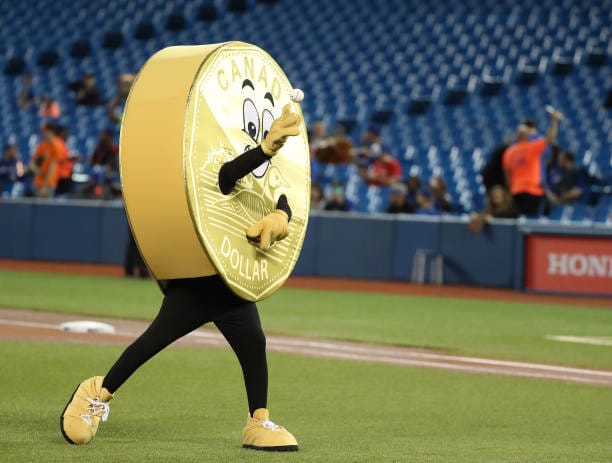MLB's Financial Crossroads: The Salary Cap Debate
As Major League Baseball franchises like the Dodgers and Mets spend outrageously, the debate over a salary cap intensifies. Could this issue lead to a player strike in 2026? We break down the heated discussion surrounding spending, competition, and the future of MLB.

As Major League Baseball continues to evolve, one pressing issue looms large over the future of the game: the ever-widening financial gap between high-spending teams and those operating on a much tighter budget. With big-market teams like the Dodgers and Mets pouring millions into player contracts, many insiders believe the league is approaching a crossroads—will MLB introduce a salary cap, or will the divide between the 'haves' and 'have-nots' spiral out of control?
With the league's current collective bargaining agreement (CBA) set to expire in 2026, some experts predict an inevitable lockout. The debate over financial fairness and competitive balance is intensifying, with the Players Association standing firmly against any form of salary cap. But could the growing frustration from small-market teams eventually lead to change?
The Case for a Salary Cap
Many baseball fans argue that a salary cap—similar to those in the NFL and NHL—would help level the playing field. Teams like the Pirates and Guardians, who rarely spend big on free agents, often find themselves stuck in a cycle of rebuilding while deep-pocketed franchises dominate the postseason.
Unlike the NFL, where strict salary caps and revenue-sharing policies ensure greater parity among teams, baseball's lack of financial restrictions allows well-funded teams to sustain dominance for years. Some believe mandating a salary floor could push reluctant franchises to invest more in player payroll, ultimately making the league more competitive.
Would a Salary Cap Work?
While some argue that a salary cap would introduce more balance, others point out that even in capped leagues like the NFL, powerhouse teams still find ways to dominate. For example, the Kansas City Chiefs have appeared in six of the last seven AFC Championship games, proving that spending caps don’t necessarily guarantee parity.
Critics also highlight that baseball has historically cycled through different teams winning the World Series—unlike the NFL—suggesting that the existing system may not be as broken as it seems.
The Players’ Perspective
The MLB Players Association has long been opposed to salary caps, viewing them as a constraint on player earnings. Baseball careers are often short, and players are keen to maximize their financial potential while they’re still in top form.
Moreover, many players have concerns over arbitration rules and service time manipulation, practices that delay their ability to secure lucrative contracts. For example, the Chicago Cubs famously kept Kris Bryant in the minor leagues longer than necessary, ensuring they maintained team control over him for an extra year.
The Future: A Lockout on the Horizon?
Many industry insiders believe that when the CBA expires in 2026, a work stoppage could be inevitable. A potential strike might emerge from the ongoing battle between team owners pushing for salary restrictions and players resisting financial limitations.
If spending trends continue, looking ahead, we may see growing resentment among smaller-market teams. Could MLB franchises reach a breaking point and demand structural reforms such as salary restrictions, or will history repeat itself with limited change?
One thing is certain: baseball's financial structure remains a polarizing topic, and the decisions made in the coming years will shape the league for decades to come.
What do you think? Should Major League Baseball introduce a salary cap, or is the current system better left untouched? Share your thoughts in the comments below!